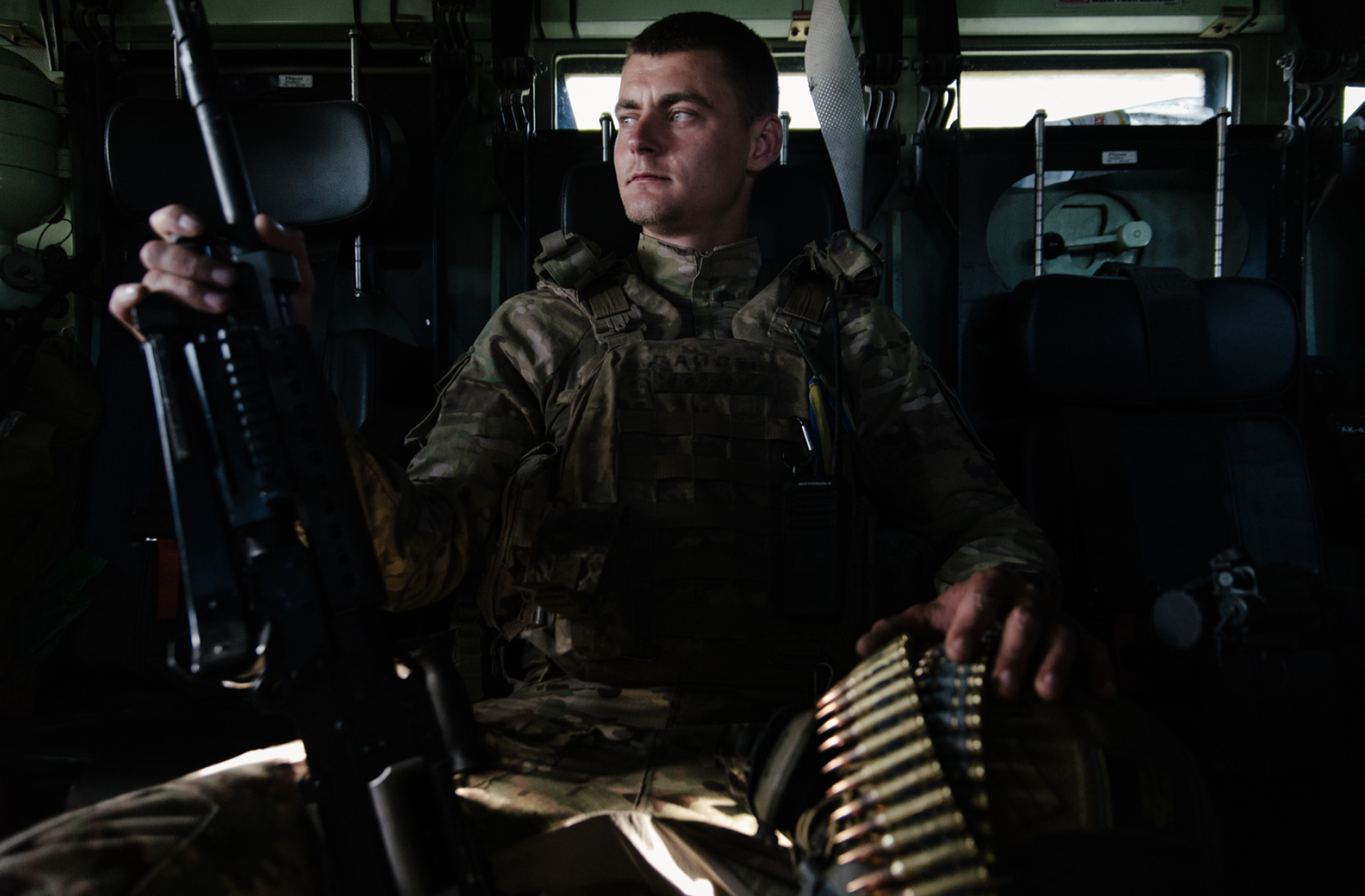
In early June 2023, information about the start of Ukrainian offensive operations began circulating on social media. One of the occupiers’ major attempts to prevent the advance of Ukrainian troops was a large-scale crime in southern Ukraine — the destruction of the Kakhovka Hydroelectric Power Plant dam.
Subsequently, on June 10, President of Ukraine Volodymyr Zelenskyy confirmed that offensive actions were taking place. The primary attacks were focused on the Donetsk and Berdiansk directions. Since then, Ukrainian defenders have gradually started breaking through the enemy’s defence lines and liberating previously occupied settlements.
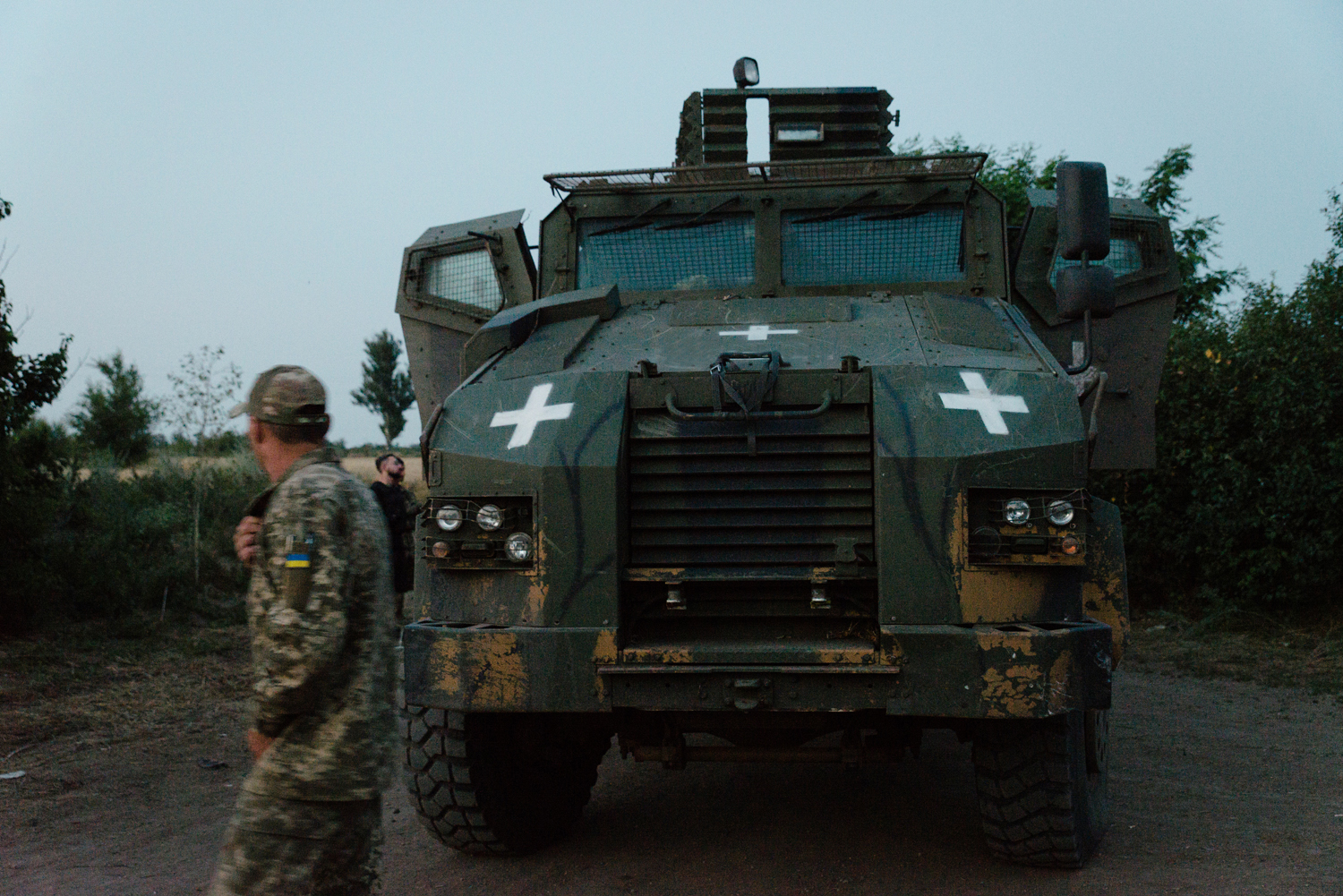
When the first Ukrainian territories were liberated in 2022, Ukraïner launched its De-occupation Project. During the spring and autumn of 2022, our team visited liberated cities and villages in different regions of the country.
On June 11, 2023, Ukraine announced the liberation of the village of Blahodatne in the Donetsk region. The de-occupation of the nearby village of Neskuchne was announced on the same day, and on June 13, it was reported that Makarivka was also liberated. The de-occupation of these settlements between Donetsk and Zaporizhzhia could be the impetus for the liberation of other territories towards Berdiansk. In July, our team travelled to the front line near these settlements and talked to soldiers who are advancing in this area.
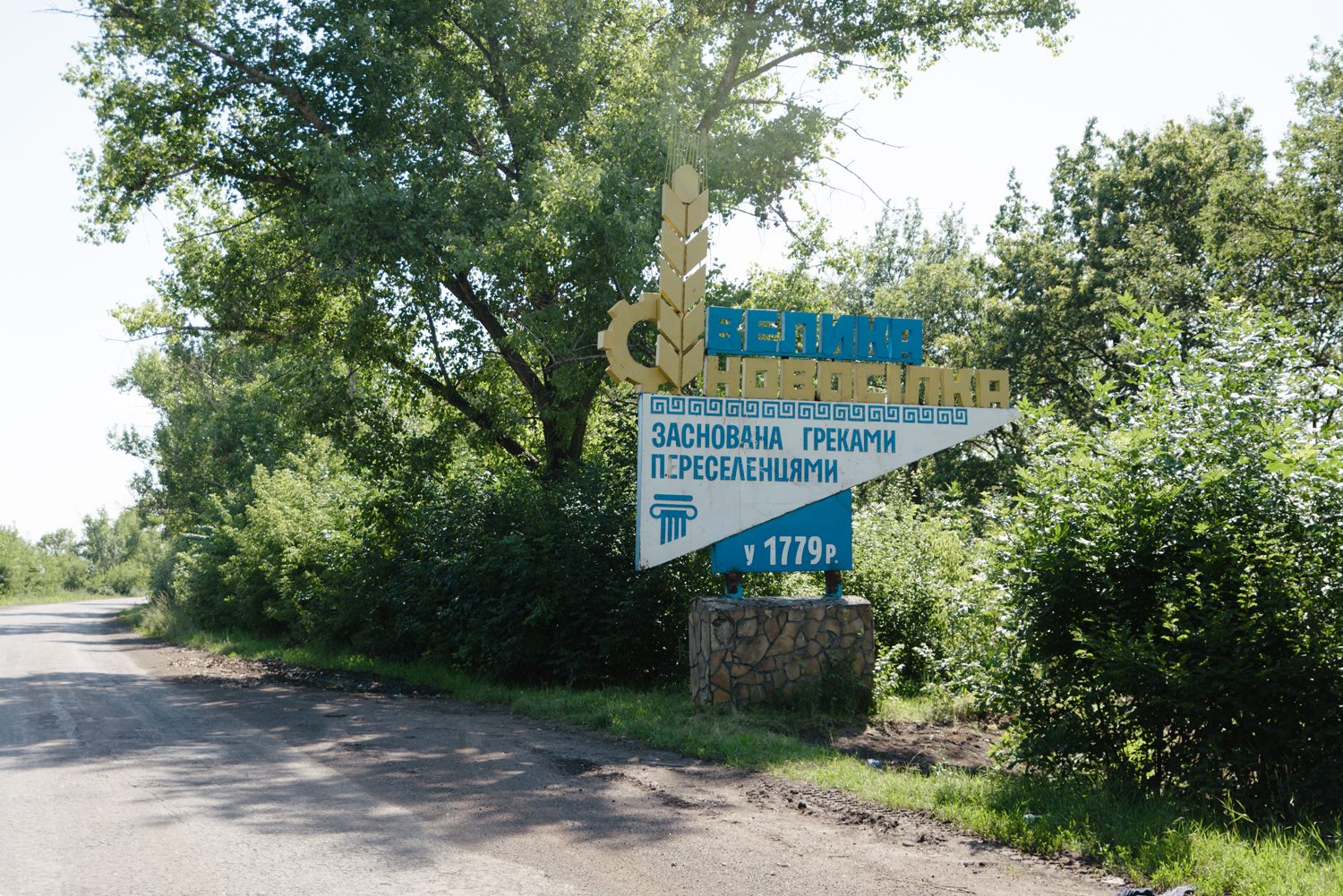
Inscription on the monument: Velyka Novosilka, founded by Greek immigrants in 1779.
Preparing for the assault: demining and setting up a crossing point
Soldiers from the 37th and 35th separate marine brigades of the Military Naval Forces of the Armed Forces of Ukraine took part in the liberation of Neskuchne, Makarivka, and Blahodatne in the Donetsk region. They told the Ukraїner team how these operations unfolded and shared stories about demining and assaults during the offensive.
People sometimes wonder why marines take part in ground operations. The idea that these soldiers only fight at sea is a myth: in fact, they work in the air, on the sea, and on the ground, the soldiers explain. Marines conduct offensives on the sea coast and defend naval bases and important facilities on the shore. They are truly versatile fighters with good training, so they perform combat missions whenever necessary. The soldiers emphasize that the marines are different from other branches of the Armed Forces of Ukraine.
“We are elite troops, we are the best. Because we are marines, we are loyal and we always go first,” one of them explains.
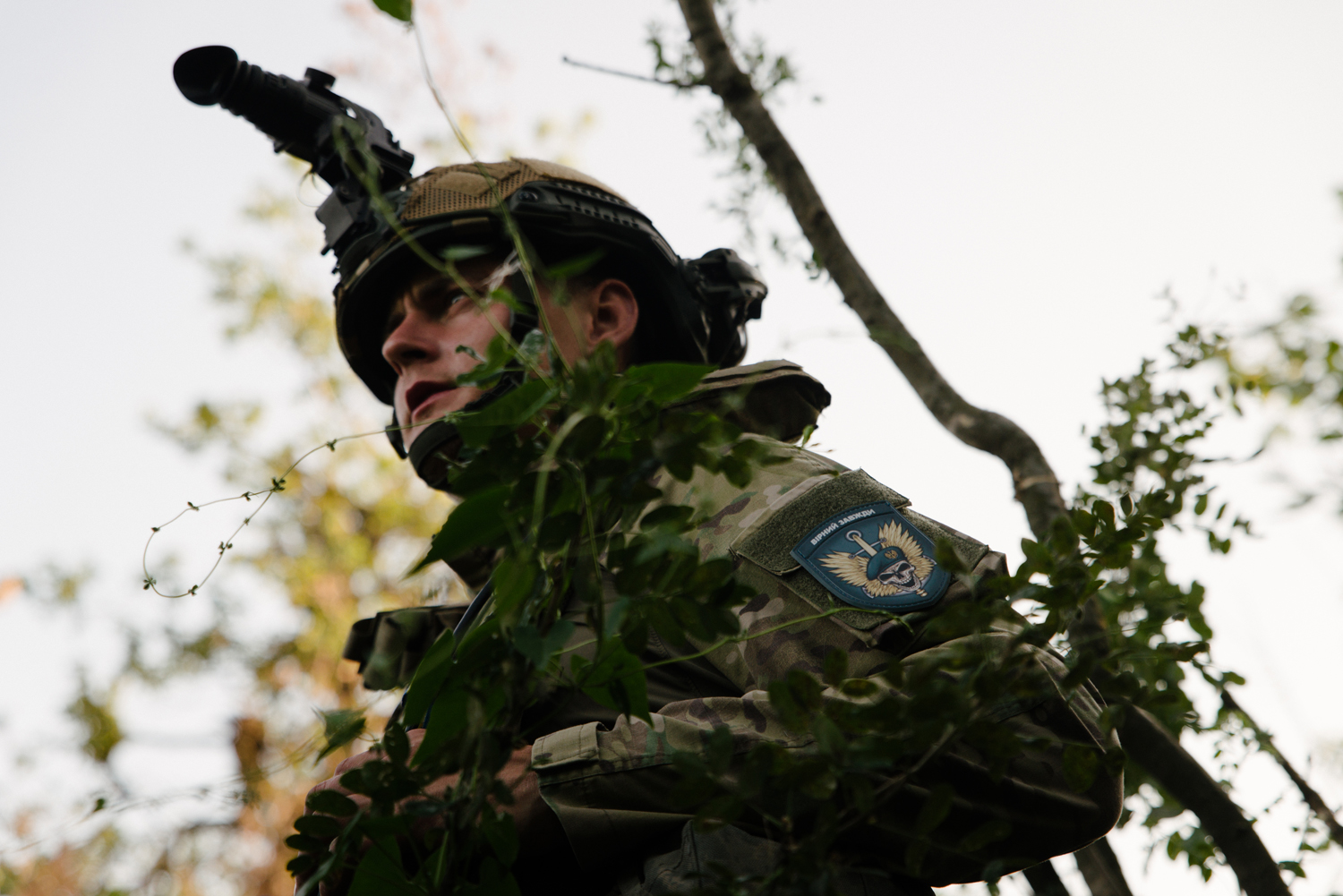
Oleksandr “Maestro” is a sapper engineer who worked as a Ukrainian dance ensemble director before joining the army. In 2018, he decided to make a change in his life and enlisted.
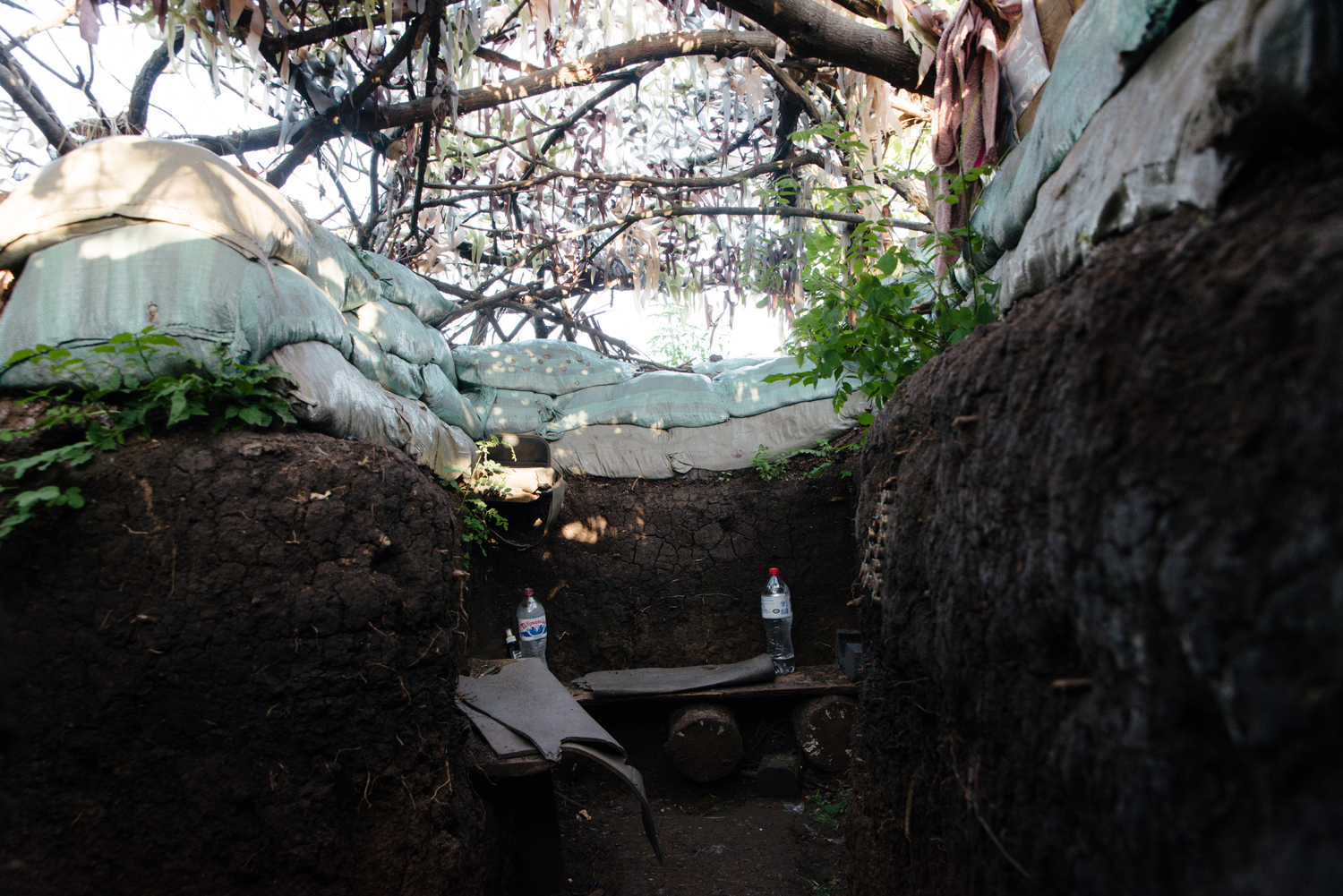
The Ukrainian soldiers say they arrived at their position in late May 2023 and had already launched an offensive by June 5. The sappers cleared the approaches to the dam, mostly at night or before sunrise. Maestro was one of them.
“We arrive at the location by car. We walk the rest of the way. At least two or three soldiers are walking with mine detectors. Others walk behind them and mark down the route. If we find something, we work on it, moving the mines aside so as not to destroy them on the spot, because any explosion immediately attracts attention. So we try not to make noise and do everything quietly.”
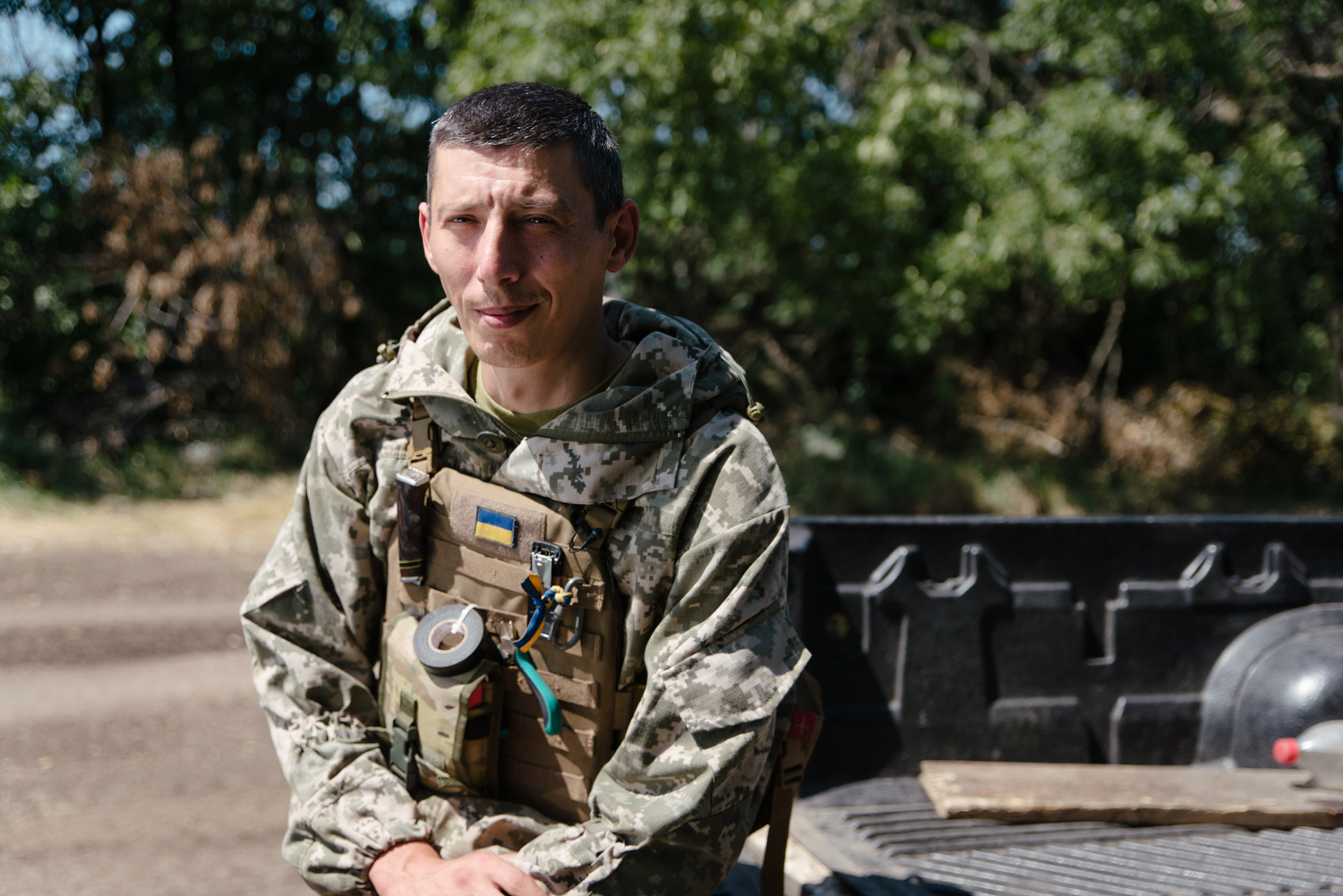
When the way to the dam is cleared, sapper engineers start working to set up a crossing, i.e., to clear it of mines, fill it with earth, and fortify it so that heavy vehicles can pass through. Such prepared crossings help the soldiers to immediately attack enemy positions.
“Together with other engineering units, we set up a crossing over the dam itself. It was dug up by the enemy, there was an anti-tank ditch there, but the night before the attack, we filled it up so that the next day the armoured columns could pass. And when the counteroffensive started, literally from the first groves of trees, right across the river, after making the crossing, the guys immediately attacked [the Russian positions].”
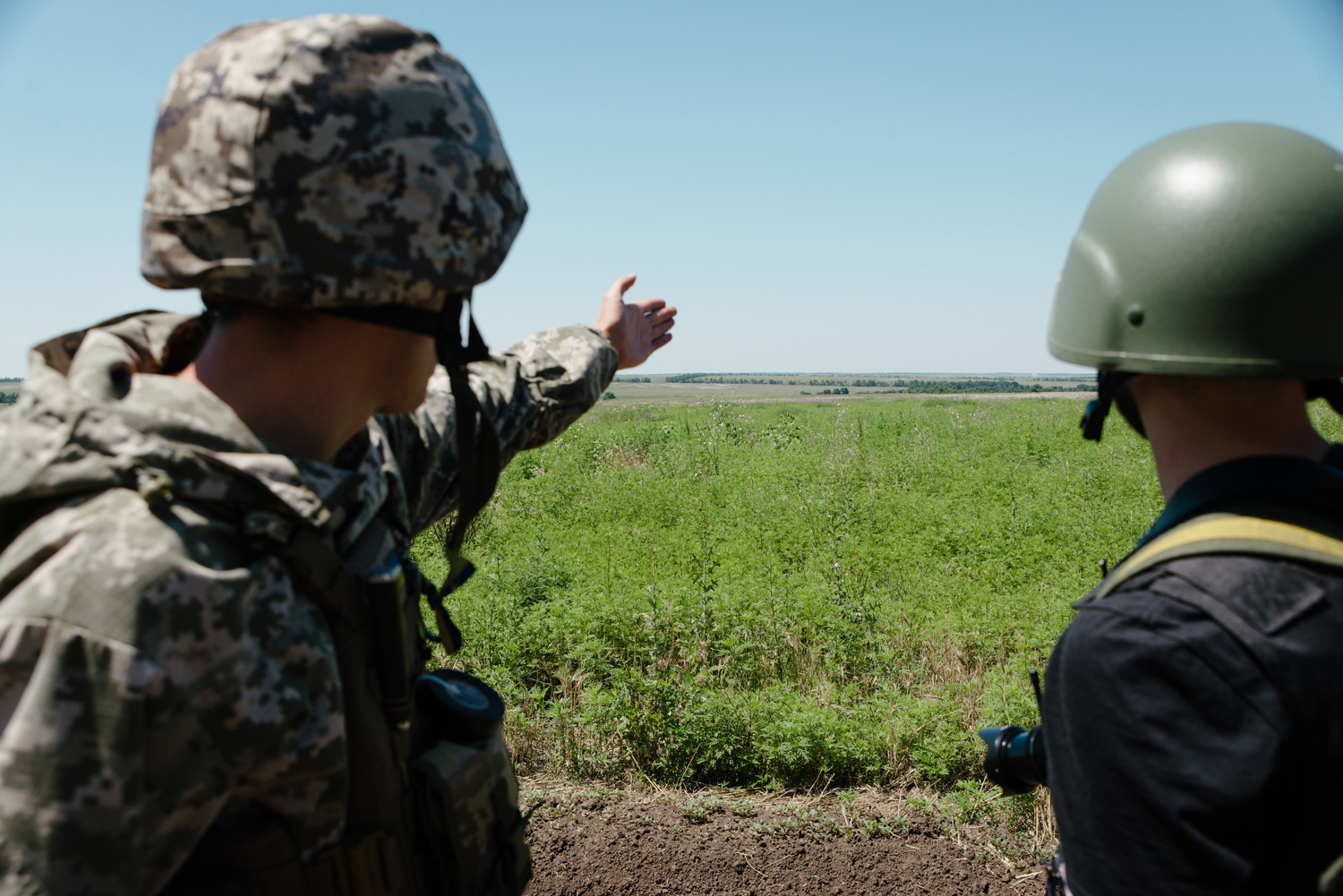
Even one missed mine on the road can stop an entire column of vehicles: if the first vehicle hits a mine, the entire column gets stuck behind it. Then the column becomes an easy target for the enemy, as it is impossible to turn around on a narrow road.
“When there is an offensive, everything happens quickly and decisively. I don’t even know what kind of courage it takes to jump in there. The soldiers know that they’re getting ‘up close and personal’ with the enemy. We understand that we can be seen, we can be targeted, but you concentrate on your work because you know that if you get distracted, it will take even longer.”
Assault: air reconnaissance, artillery, infantry
One of the units of the 37th Brigade was preparing to attack by crossing the river. First, aerial reconnaissance worked on the positions. Right before the assault, the artillery worked to cover the soldiers. The Ukrainian military attacked from several directions simultaneously to encircle the enemy. And in the first hours, the occupiers were forced to flee their positions because they could not withstand the onslaught, says Maestro.
“They probably didn’t expect such a sharp assault, because our preparations were quite long, but unnoticeable. I think they just didn’t expect such an attack at once.”
The assault itself is not the most difficult part. Maestro believes that the hardest part is the enemy’s retreat, because the Russians leave many deadly “surprises.” The whole position might be mined, because the Russians scatter anti-tank and anti-personnel mines near positions in advance. So the soldiers have to move along a one-metre-wide path.
“There may be what we call ‘amateur mining’. This is when some infantryman stuck a grenade to a tree, stretched a wire, and left.”
How are the de-occupied territories cleared?
Bohdan “Dykyi”, a soldier in the 35th Separate Mechanized Brigade, was one of the students advocating for Ukraine’s European integration on Kyiv’s Maidan square in 2013, thereby becoming a participant in the Revolution of Dignity. Later he volunteered for the Armed Forces, following his father’s example.
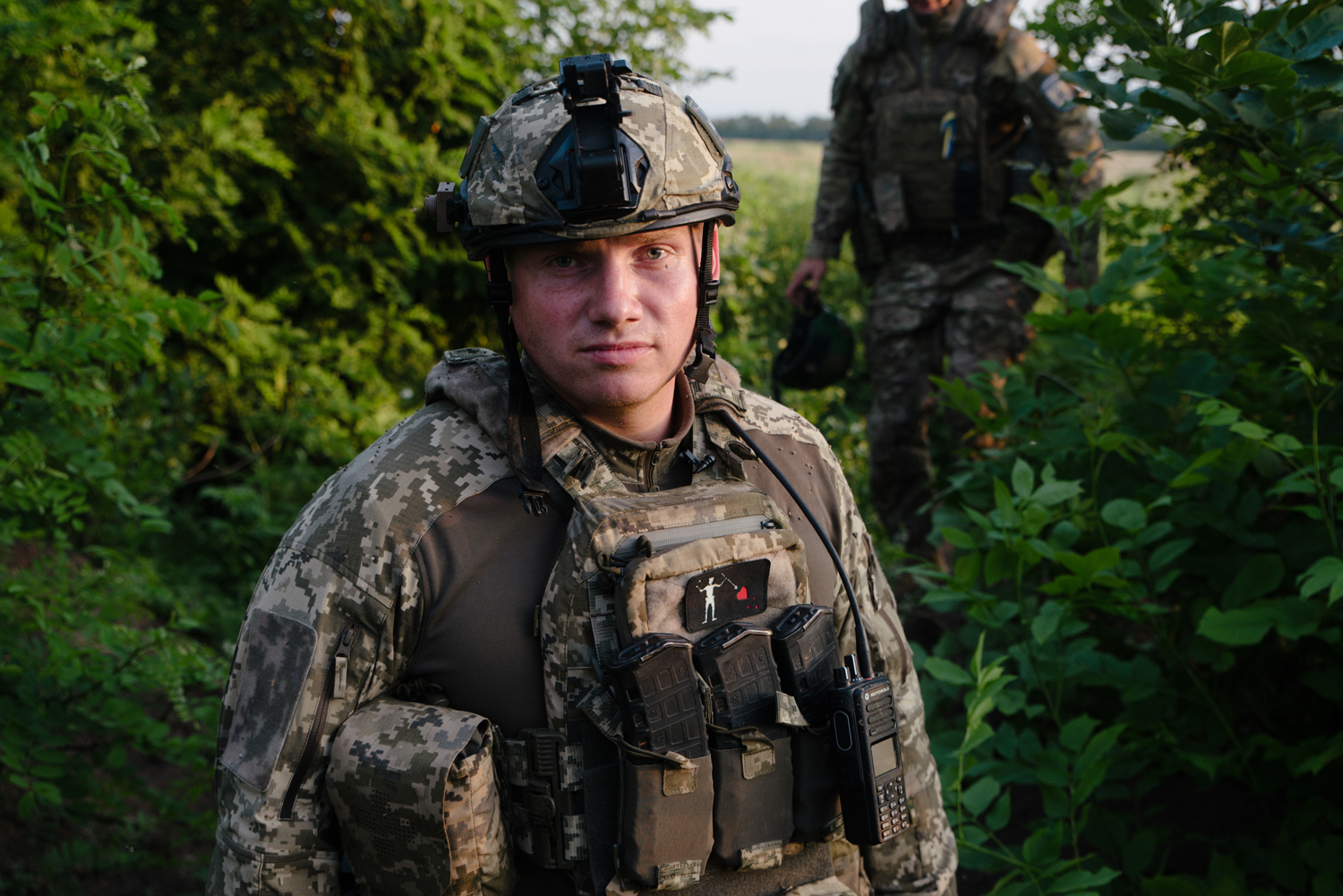
He says that after an assault, the soldiers rest, but only for a few days. After all, there is still a lot to clear. While some occupiers run away, others don’t get the chance: many dead Russian soldiers remain at the abandoned positions.
“It’s a clearing of Russian soldiers, so that they only end up in this form. They said ‘Russians won’t leave from here.’ And you see, they aren’t leaving. They keep their word. Although in a different form than they thought, they keep their word.”
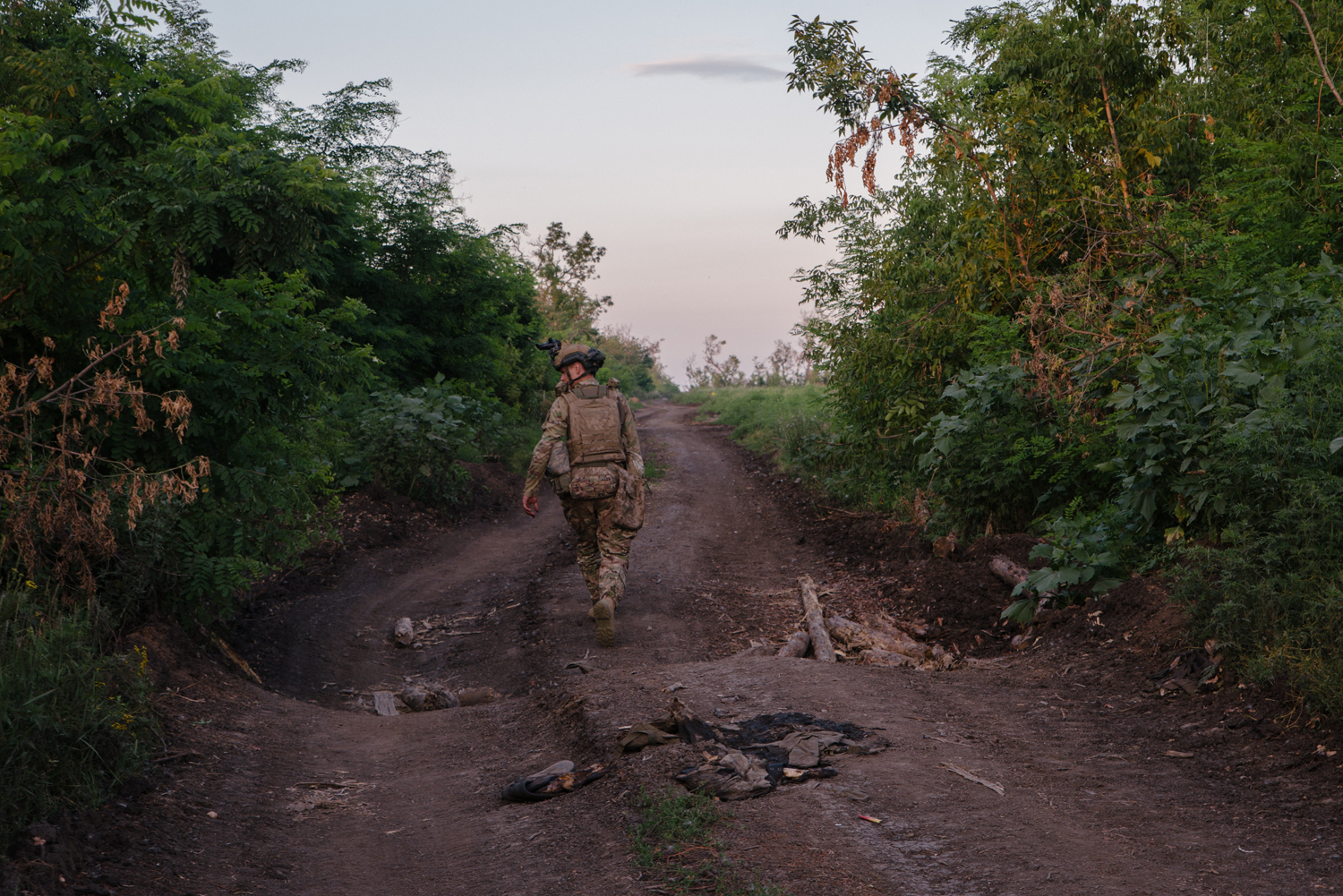
While Ukrainian defenders are clearing de-occupied territory, the Russians use the “loudspeaker” tactic, like the Germans did during World War II:
“We got into Makarivka, took three streets with the battalion, and had already secured our positions. And at night, they started throwing “lustras” (illuminating artillery shells — ed.) and then turned on music and children’s crying [on a loudspeaker]. It played all night long. They also gave me nightmares by blasting the words ‘Surrender’ and ‘You will be treated according to the rules of the Geneva Convention.’”
Dykyi says that Russians do not always surrender because their leadership has scared them into thinking that the Ukrainian military will torture them. However, it is well-known that Ukraine fulfills its obligations under signed international agreements and provides Russian prisoners of war with everything they need: food, clothing, hygiene products, medicine, and even the opportunity to contact their families. Despite this, the occupiers still call soldiers in the Armed Forces of Ukraine “fascists” and even “Germans”.
“It’s such a circus. But I ‘prefer’ how they call our people Germans. I say: ‘I am Ukrainian,’ and they constantly call us Germans. Either Germans or ‘sinyenkiye’ (blue — ed.). ‘Sinyenkiye’ because we wear blue tape.”
Ukrainians and Russians are very different
Dykyi believes that the Russian leadership does not care about its people and just throws them to the frontline as cannon fodder. He also thinks that families of the occupiers are waiting for a payment of 10,000 rubles more than for their father or son’s return.
“This is the kind of nation they are. It’s uncompromising. It has nothing human in it. When we had churches (in the 11th century — ed.), they used to catch beetles to eat there [on the territory of modern Russia], and they didn’t know what literacy was. History is cyclical. That’s why it’s repeating itself in this modern form. We will punish this scum and drive them off our land. And Russia will disintegrate, and there will be separate quasi states that will pay us reparations for the rest of my and my children’s lives.”
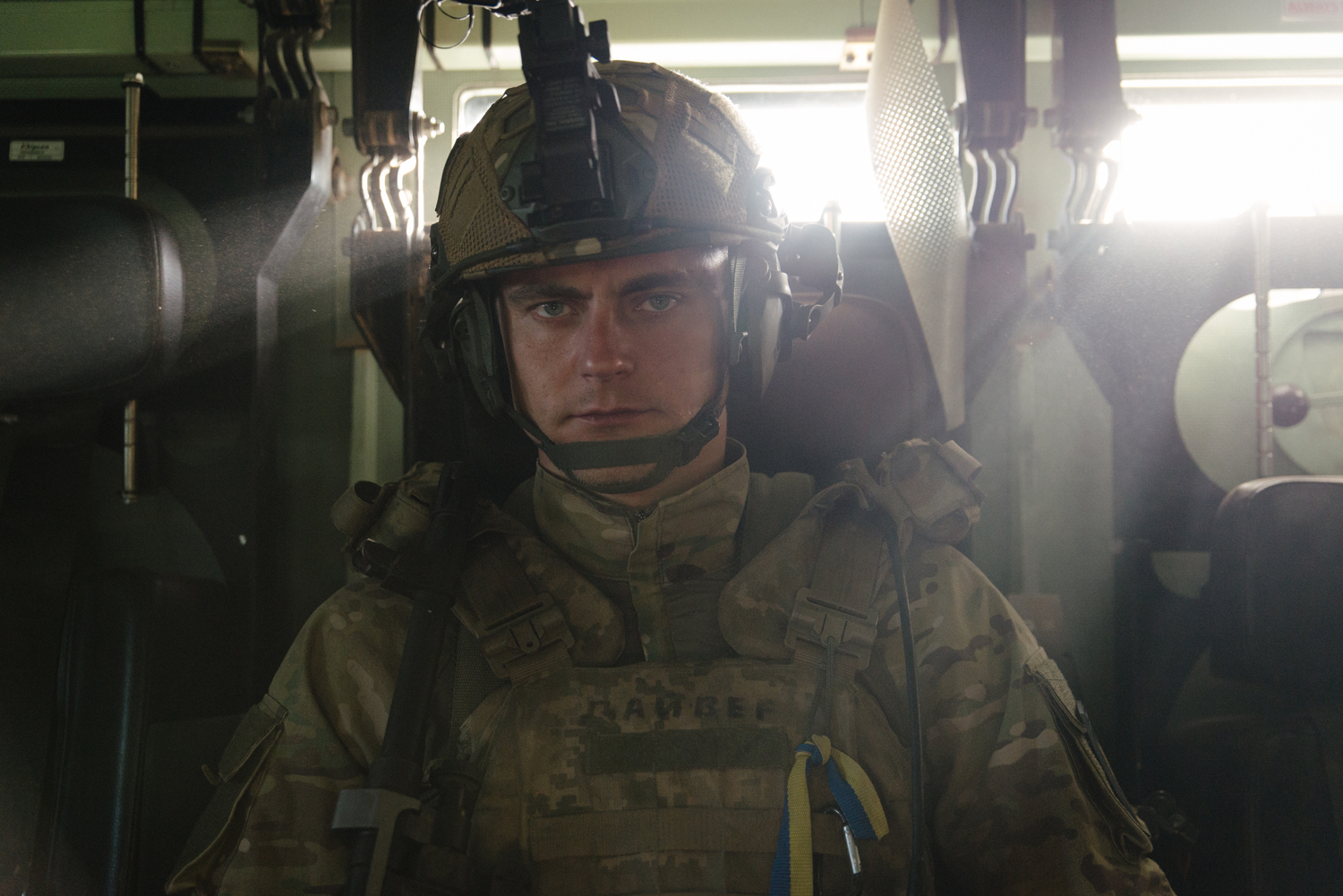
Maestro says that Russia still lives in the Stone Age: that there is no freedom there, only opinions imposed by the authorities.
“And we, Ukrainians, are free people. Free people cannot be stopped. We have no barriers. We want to live freely, without anyone telling us what to do.”
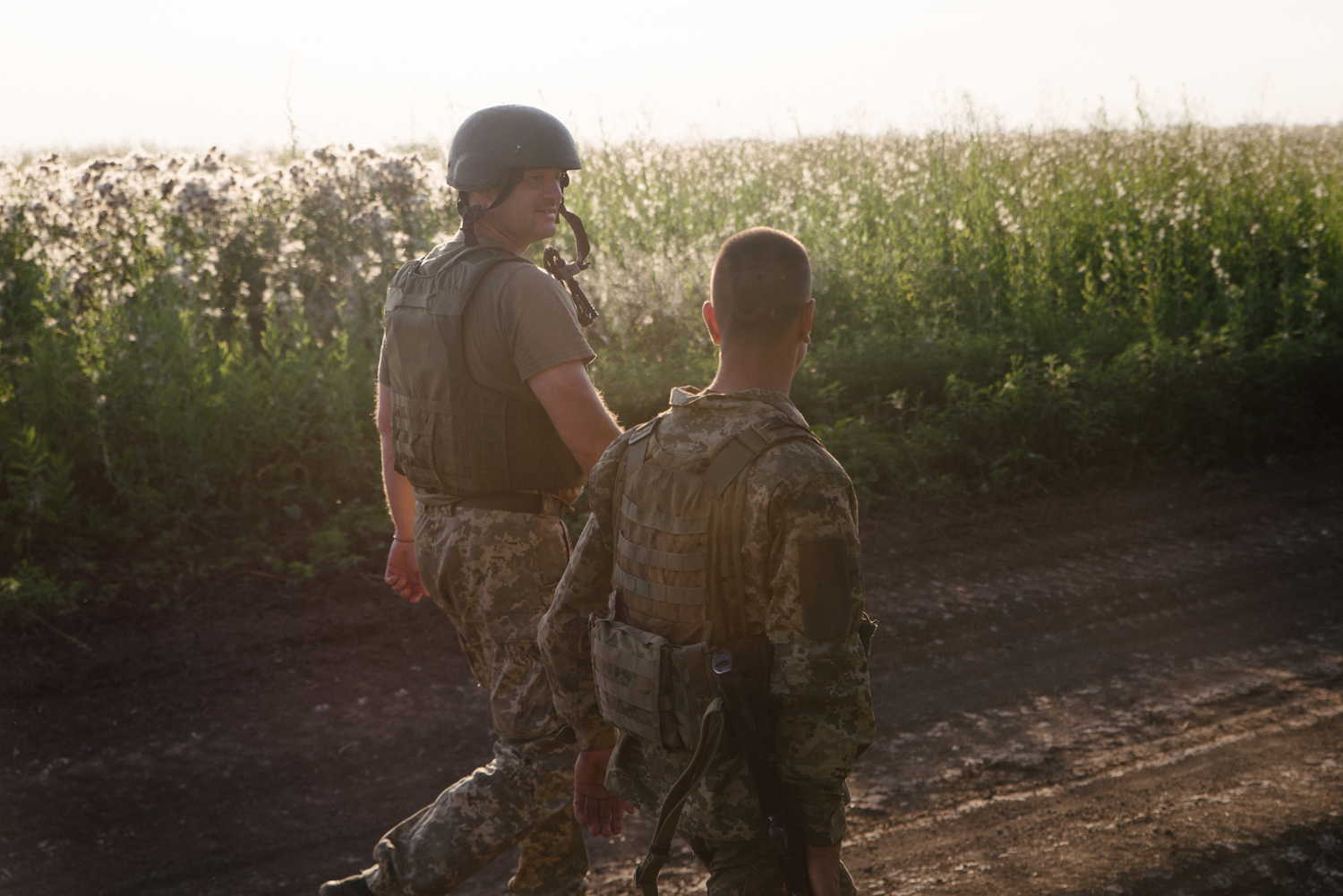
“Counteroffensive is a civilian term”
Denys “Journalist”, a press officer in the 37th Separate Mechanised Brigade, worked in the media before the full-scale war. He says that to some extent, the military feels pressure from Ukrainian society and Western partners. Everyone was expecting a rapid offensive, but the situation is different now, Journalist explains. The enemy had time to prepare thoroughly.
“Almost everything is mined: groves, fields…they’re not even averse to mining the bodies of their own dead. They’ve also brought reserves to this area. For example, when we started the operation here, they had no aircraft, but in the evening and the next day they brought in aircraft. In short, this advance was very difficult. I understand that it’s slow, but every metre is hard won. And the guys, the stormers, the sappers, are simply heroes.”
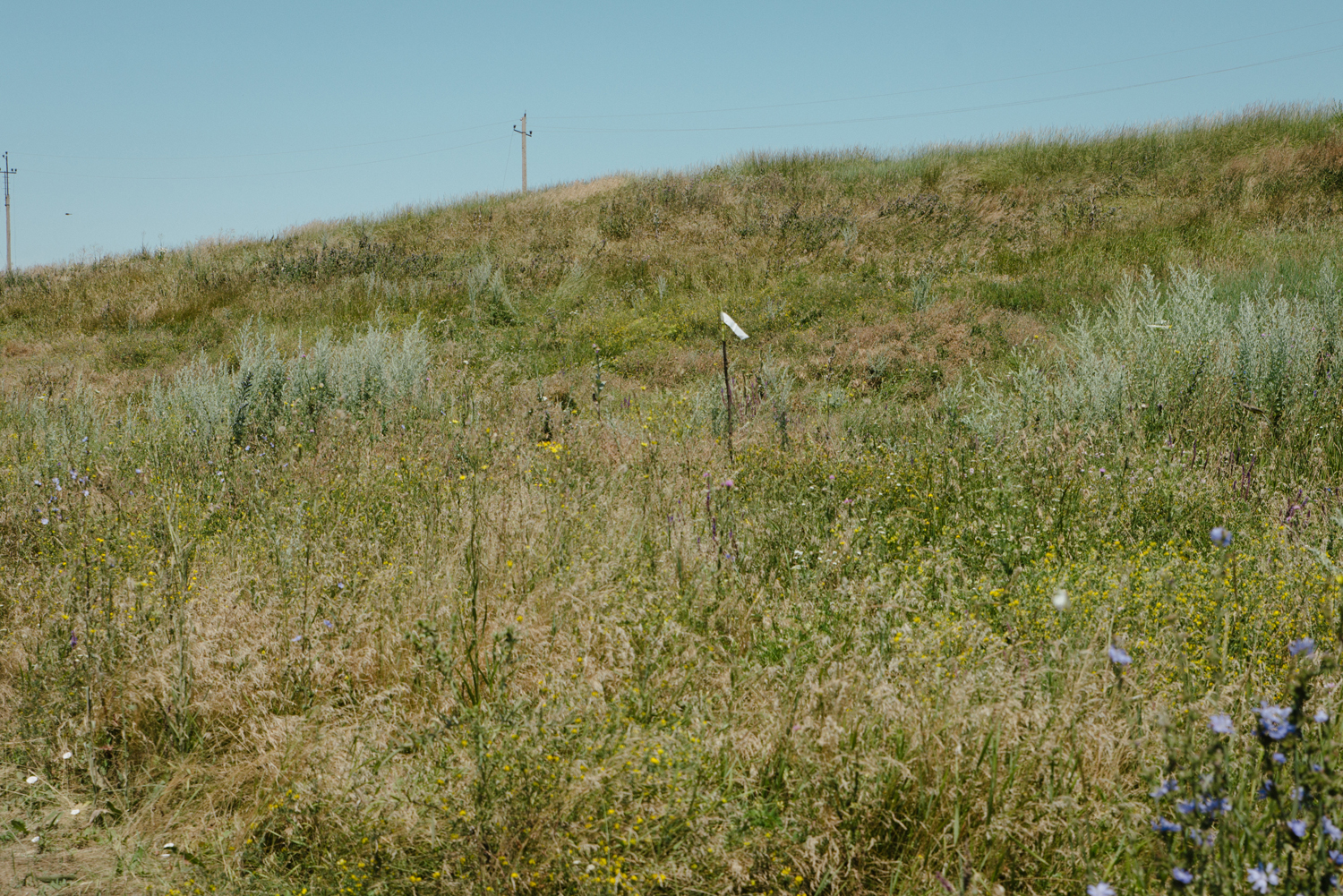
The military does not call these assaults a counteroffensive. This term is more common among civilians, says Journalist. For the soldiers, these are combat missions that must be performed.
For his part, Dykyi believes that hopes for a counteroffensive and significant publicity among people put more pressure on Russian soldiers than on ours. The Russians are constantly waiting for the Armed Forces of Ukraine to attack in new directions.
“Right now (in July 2023 — ed.), about 20% of the offensive that the Russians are waiting for is underway. But there’s no need to make a huge fuss out of it, as our Commander-in-Chief has recently shown — everything is being done in silence. All of these settlements were liberated so quickly and quietly that people learned about them only when the fourth one was liberated. And Makarivka just fell literally in a day. The marines attacked them (the Russians — ed.), pinned them down, and they just ran away.”
Maestro believes that the Armed Forces of Ukraine have developed in terms of their advances. The Ukrainian military is using new equipment, modern technologies, and aerial reconnaissance, and the approach to combat missions has become clearer.
“Foreign assault vehicles and combat vehicles have proven themselves very well, especially in terms of saving lives. There was a situation when three vehicles in a row exploded on anti-tank mines, and not a single crew member was wounded. These vehicles really save lives. It’s clear that we want to do as much useful work as possible, but saving lives is a priority.”
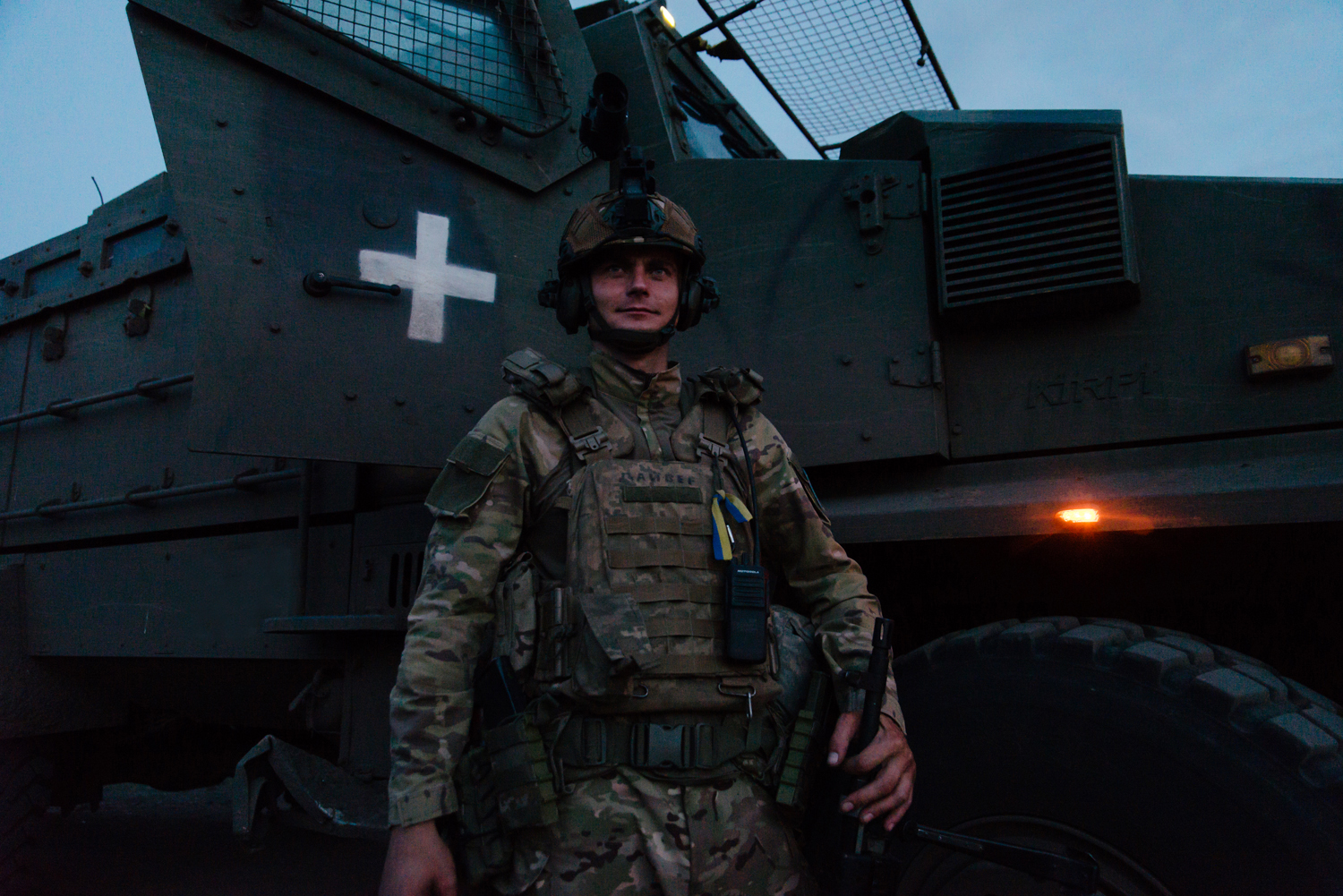
In general, volunteers help the Defense Forces significantly, says “Diver.”
“I want to recognise Marta Lumanets from Lviv. I was out of touch, I changed my number, she was looking for me everywhere. She was looking through all these lists of dead and captured soldiers, but she had hope. And she found me through my wife. Now we’ve started working together again. She helps us, and we send her all kinds of souvenirs and trophies.”
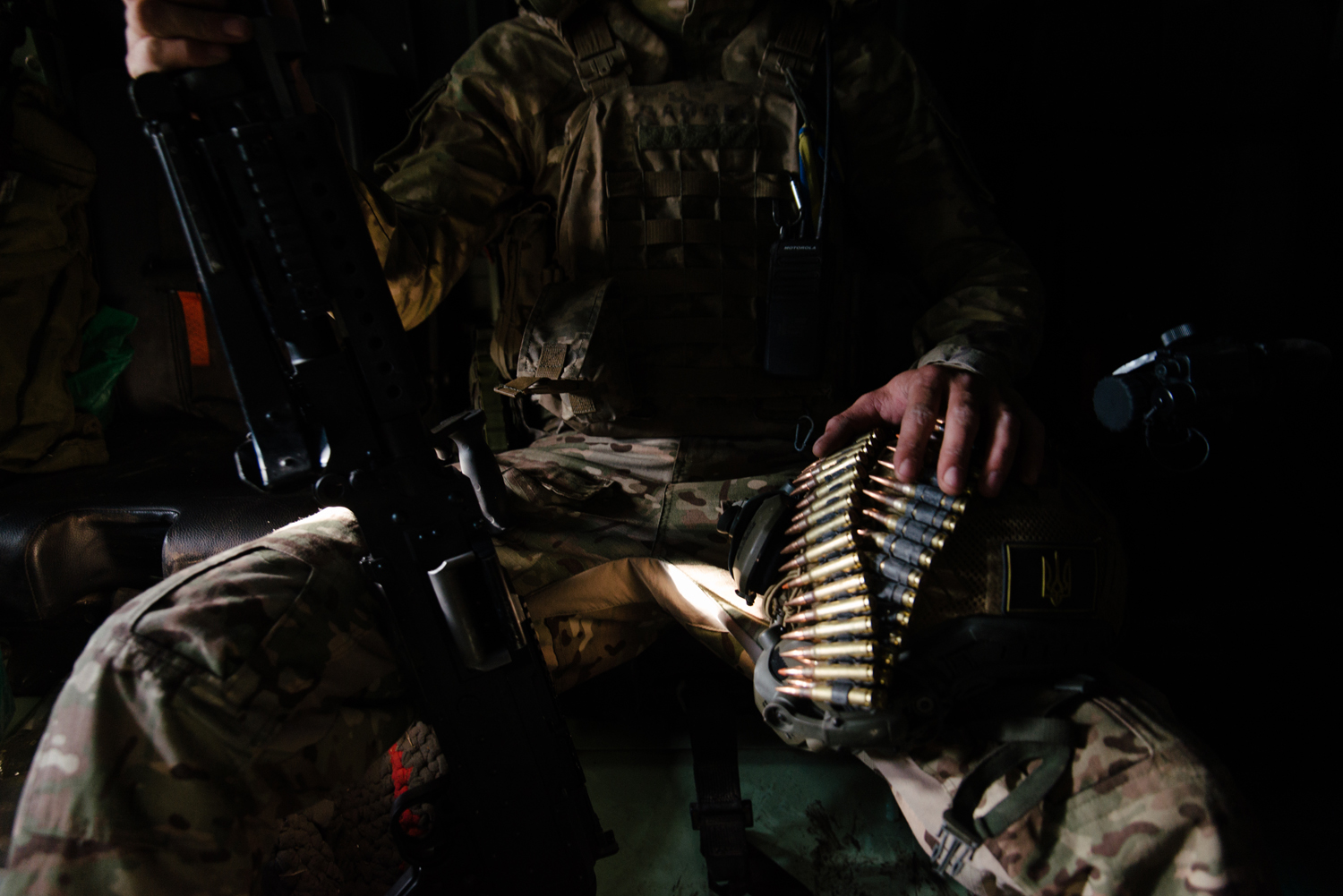
Dykyi emphasises that Western partners also provide tangible assistance: not only with equipment, but also with training.
“Partners help us and train us. If we continue at this pace, I think victory will be ours and only ours. Because they (Russians — ed.) are mindless sheep. We are fighting for our country, and they are fighting for a tsar.”
supported by
This project is realised with the financial support of the Ministry of Foreign Affairs of the Czech Republic as part of the Transition Promotion Program. The views expressed in this material are those of the authors and do not reflect the official position of the Ministry of Foreign Affairs of the Czech Republic.

